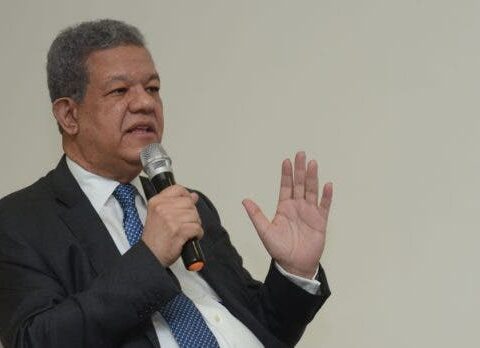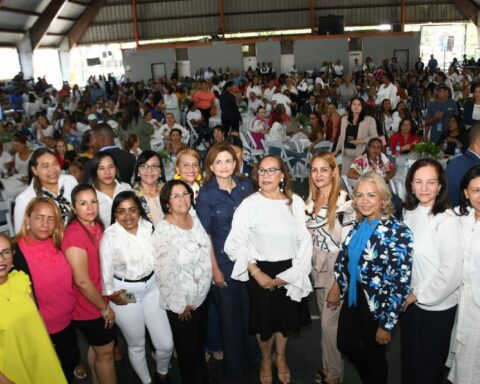The authorities of the Ministry of Labor they need greater administrative controls to be able to penalize in a more forceful way the violators of the law with the hiring of undocumented foreigners and, in addition, to be able to enforce the so-called 80-20 in the Dominican labor sector.
According to Minister of Labor, Luis Miguel De Campsone of the most important elements that could occur in the modernization of the Labor Code is to provide the Ministry of Labor with the legal tools to be able to act directly in case of detecting informality and non-compliance with the regulations.
On a visit to Free Dailyspecified that the Labour code establishes as the highest sanction the payment of 12 minimum wageso it coincides that when the sanction is cheaper than non-compliance, “non-compliance is encouraged.”
“We understand that we must increase the cost of non-compliance, to what levels? At much higher levels than currently exist. Obviously, with respect to due process, with the separation of minor, medium and serious offenses, but that serious offenses are those that threaten the health and safety of workers, that also violate other aspects of labor regulations that are much more expensive,” said the head of the Ministry of Labor.
legal limitations
“Current regulations establish that the Ministry of Labor it can detect situations of informality or non-compliance, and what happens is that these infractions are transferred to the Public Ministry. So, it is not up to the Ministry of Labor under current laws to be able to issue possible administrative sanctions,” said the minister.
Advocates for this to be included in the code reform to be able to act administratively.
He added that, as a regulator, they must have the tools to regulate, “which is (one of the) big problems that exist”.
“That element that I have just pointed out, has been, roughly, agreed upon in the Labor Advisory Council“, he pointed.
Naturalization
De Camps said that, on the labor naturalizationTo strengthen the code, they have created two programs: one for the construction sector and another for agriculture.
The first, which is common to all, is the need to provide sanctioning capacity administration to the Ministry of Labor in case of non-compliance with labor.
He explained that these programs include:
- A technical project
- Training
- Financial facilities towards technification
“Last week we had a meeting with the Dominican Agribusiness Board (JAD), where we were writing down more details to enrich these programs, and the same with the construction sector”, he explained.
He said that, in the case of the Dominican Republicit is necessary to strengthen the public administrative tools that allow the Ministry to establish the necessary controls to be able to promote compliance with the regulations.
“We are in the process of materializing financing facilities for the technification, increase the capacities of formalization of knowledge and the formalization of employment. In other words, it is a multidirectional task that should lead to that result”, he pointed out.
He said that the reality of work has several components among them: the salary, the type of work, the formalization and the legal capacity to be able to act legally, directly, administratively.








